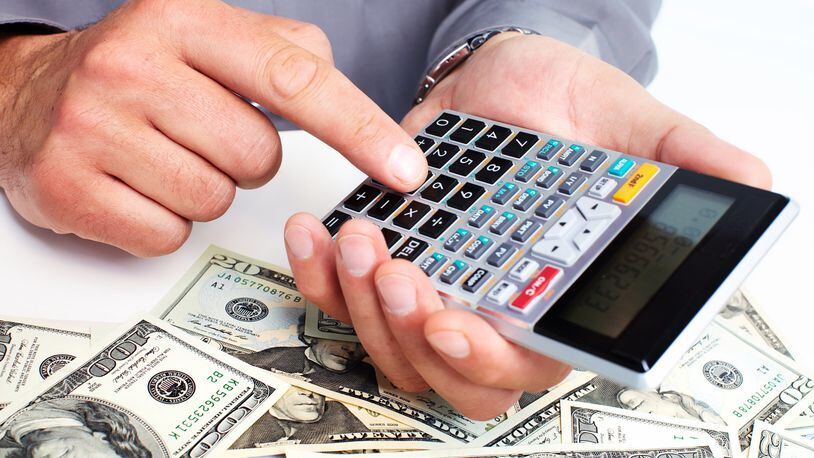RELATED: Protecting your business website
In fact, the local BBB received a fax flyer from Blue Rocket SEO within the last month stating BBB owed $95.87 for search engine optimization.
The invoice was bogus, which was clear because of abnormalities including:
- The address on the piece was not BBB's current address, but one from ten years ago.
- The address on the company's website was different than the one on the fax flyer.
- The company that sent the flyer was allegedly from Houston, TX, but the company's domain registration shows the Web site was created on November 28, 2017 with an IP location in Utah.
- The company is not registered with the Ohio or Texas Secretary of State.
- And, when a BBB team member tried to call the company, she received an automated message and there was not a way to leave a message or reach a live person.
- There were multiple reports from Ripoff Report about this company.
- A Google search found the address on the fax invoice (10878 Westheimer Rd., Box 102, Houston, TX 77072) to belong to The Mail Room, a mailing service company in Houston.
On Feb. 12, the BBB serving Houston initiated an investigation of this company after receiving multiple inquiries via Scam Tracker, complaints and customer reviews. These reports state that businesses, like the local BBB, were sent or faxed invoices from Blue Rocket SEO indicating they all owed $95.87 for SEO services supposedly provided by the company.
RELATED: BBB warns of office supply scams
Fake invoice scams come in different shapes and sizes. For instance, some are invoices for directory listings, domain renewals, magazine subscriptions and/or office supplies. Technology has made it easy for scammers to make their invoices look legitimate. The U.S. Postal Service reports that phony invoice scam artists succeed in collecting a significant percentage of all the bills they mail, but notes that due to the nature of the crime, it is impossible to determine the exact extent of losses.
“Many times, these scams are successful because the person in charge of processing invoices at the business isn’t aware of the scam, so the bill is handled normally and paid without further investigation,” said John North, president and CEO of BBB serving Dayton and the Miami Valley. “Some even use high-pressure or scare tactics.”
Better Business Bureau offers tips to help avoid falling victim to these scams:
- Be wary of invoices which use similar or identical names as legitimate businesses.
- Educate yourself and your staff about phony invoices and solicitations.
- Designate certain employees to make business purchases. Channel all invoices through one department.
- Verify invoices and solicitations with the person who gave written or verbal authorization.
- Check your records to confirm claims of previous business dealing with a company or seller.
- Carefully read all invoices. Call the company directly to check if it's an actual invoice from them.
- Do not be alarmed by language indicating an unfamiliar unpaid invoice will be forwarded to a collection agency.
- Always check that goods or services were both ordered and delivered before paying an invoice.
- Consider consolidating your domain registrations with a single registrar and make sure the domain is registered in your company's name, not your vendors.
- Look closely at the company logo on the invoice. Many scammers scan the legitimate logo from a legitimate source and print it onto their own paper. The logo often won't appear as sharp on a scanned version.
- Beware of invoices which are different from previous ones.
- Watch for invoices with even number totals. Be wary if you get an invoice and no tax was applied.
- Know your rights. If you receive supplies or invoices for services you didn't order, don't pay. It's illegal for a seller to invoice you, send threatening notices for merchandise you didn't order or ask you to return the merchandise.
If you feel you've been a victim, be sure to contact the Ohio Attorney General's office at www.ohioattorneygeneral.gov/ or the Federal Trade Commission at www.ftc.gov. Also, report it to BBB Scam Tracker by visiting bbb.org/scamtracker.
About the Author
